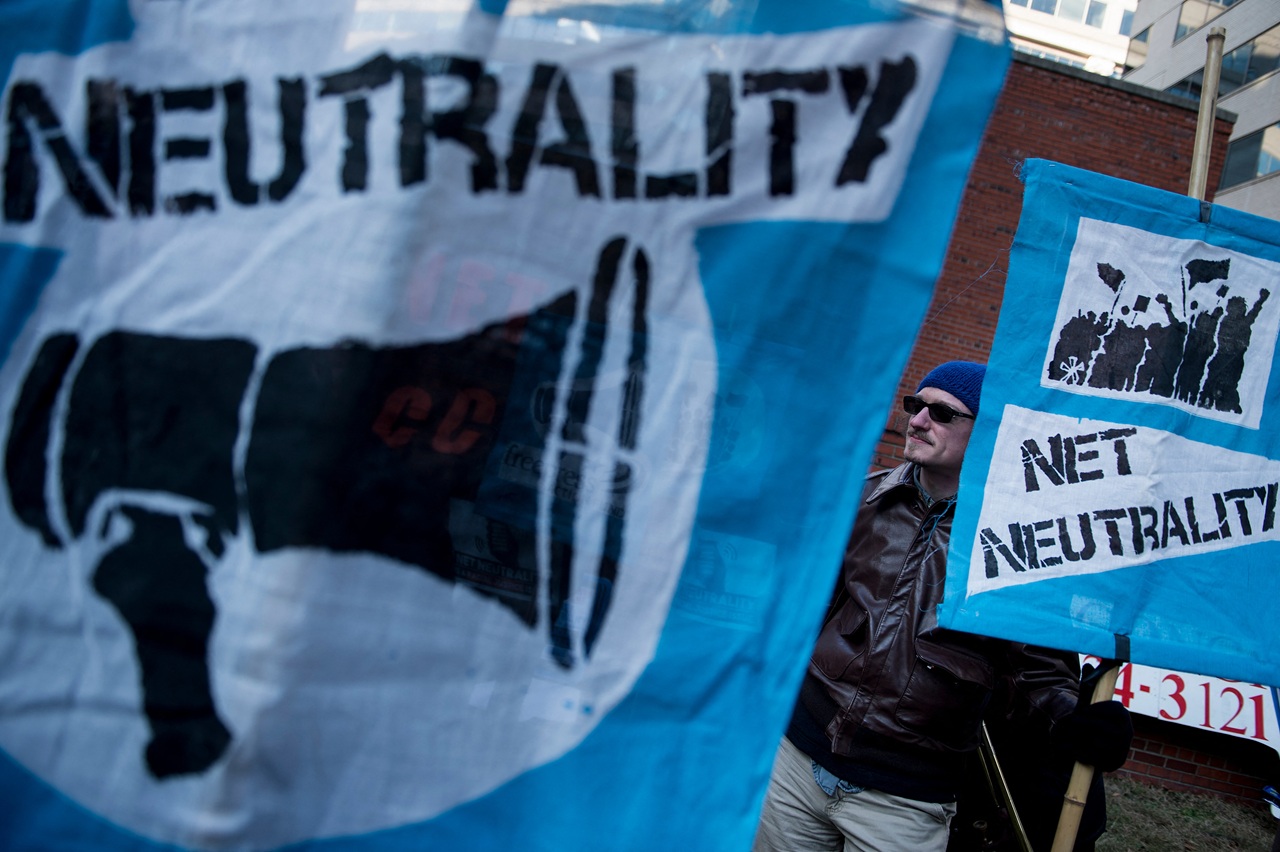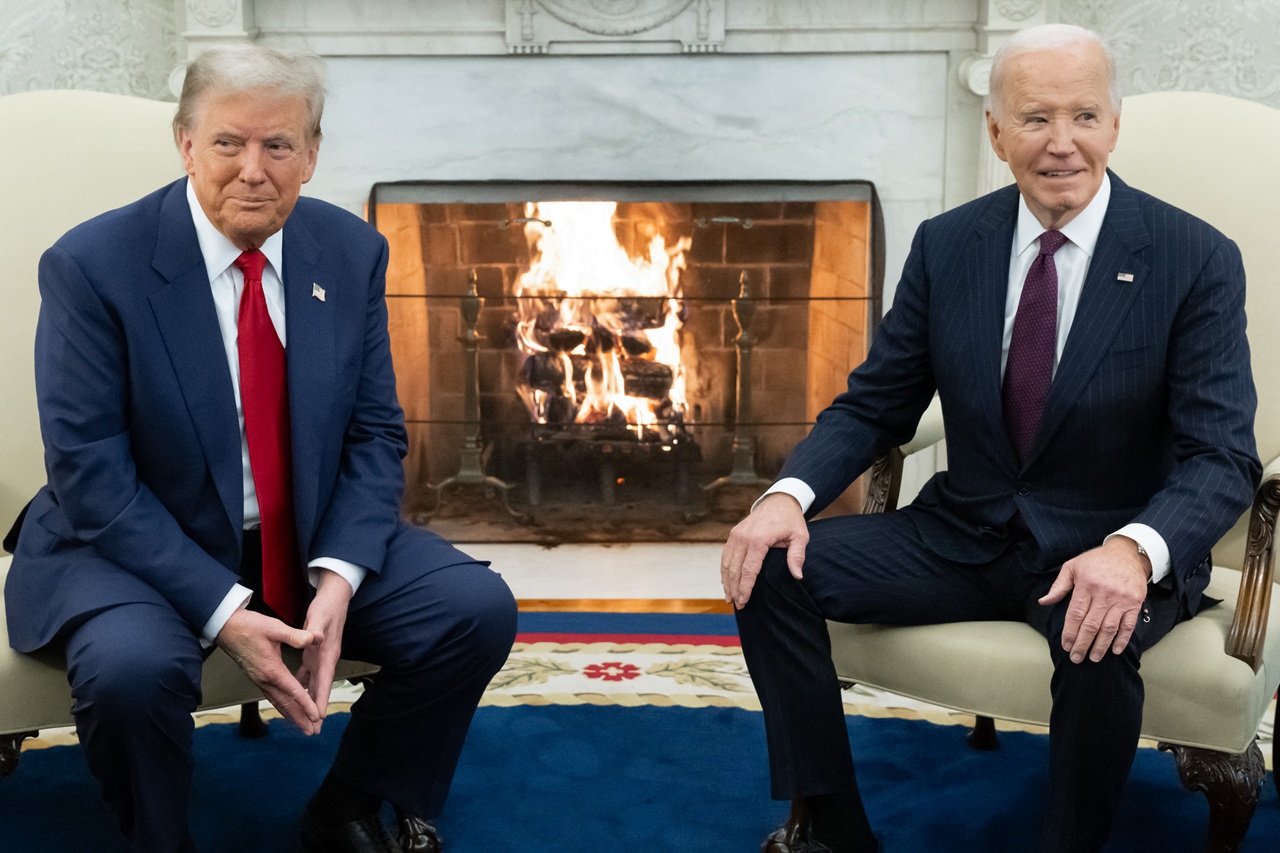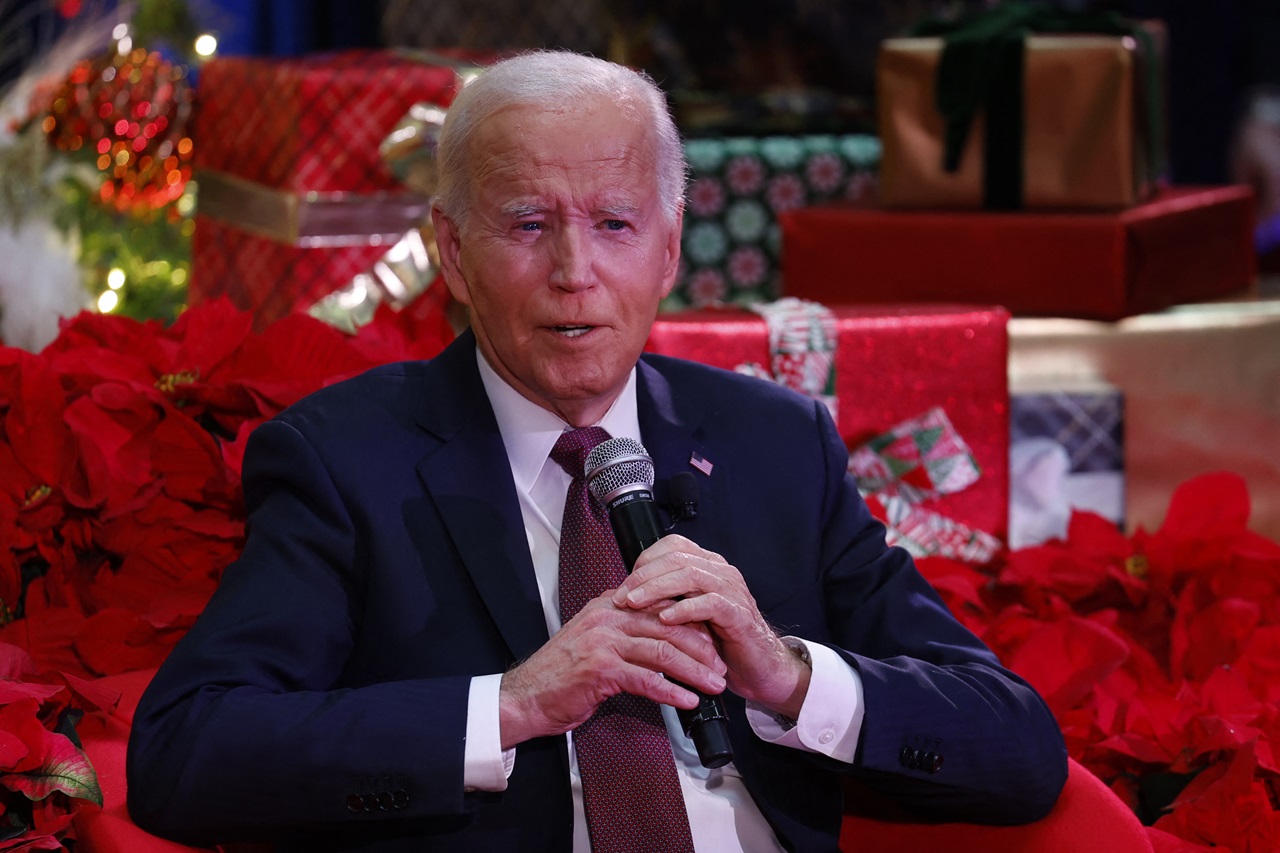
Puerto Rico’s government remains absent as more femicides rock the island
Demonstrators who have been showing out for years, were recently in front of La Fortaleza again to decry more inaction despite a state of emergency.
On Monday, Jan. 25, the Governor of Puerto Rico, Pedro Pierluisi declared a state of emergency on the island due to the ongoing epidemic of gender violence, and announced the establishment of the PARE Committee: Committee for the Prevention, Support, Rescue and Education of Gender Violence.
A 2019 report by feminist group Proyecto Matria and anti-police brutality organization Kilómetro Cero found that gender-based killings, otherwise known as femicides, occurred on the island at a greater rate than in the contiguous United States from 2014 to 2017.
In 2018 alone, the island reported more than one femicide per week, approximately double the per-capita rate in the U.S. for that year.
In 2021, the violence has not subsided. Just this past weekend, two more women were added to the ever-growing list of femicides.
The half-burned body of 35-year-old Andrea Ruiz Costas was found on Friday, April 30, and the body of 27-year-old Keishla Rodríguez Ortiz was found floating in the San José Lagoon over San Juan’s Teodoro Moscoso Bridge on Saturday, May 1.
Puerto Ricans are protesting against the rise in gender violence in the island. This comes after the killing of Keishla Rodríguez Ortiz by boxer Féliz Verdejo, as well as the killing of Andrea Ruiz Costas this week. pic.twitter.com/kbHgrXxO0m
— Coral Murphy Marcos (@coralmerfi) May 3, 2021
In response, hundreds of Puerto Rican residents shut down the Teodoro Moscoso Bridge the following day, gathering to condemn the growing crisis of gender violence.
The typical traffic that would pass through the bridge tolls was halted, as parked cars with messages were wedged against the barriers on either side of its four lanes.
The messages read “Ni Una Más,” (“Not One More”) and “Nos Queremos Vivas,” (“We Want Each Other Alive”) among other phrases.
“The last few days have been really difficult,” 22-year-old Andrea Reyes told Remezcla.
“This has hit really close to home, the situation with the latest disappearances and murders of women. I think it’s important that we’re heard. That’s why we’re here. The greater our voice, the louder and further we’ll be heard,” Reyes said.
Andrea Ruiz Costas had sought a restraining order against her ex-partner, but the court denied her case. The day after Ruiz Costa’s body was found, Ángel Ocasio Santiago confessed to having killed her, and is now in police custody.
The murder case of Keishla Rodríguez Ortiz has the sports world in a dark place. Ortiz, who was pregnant at the time of her death, was romantically involved with a well-known boxer, Félix Verdejo, who is implicated in her killing.
Authorities say Verdejo allegedly plotted her murder after he found out about her pregnancy. He then allegedly drugged,assaulted her, and drowned her in a lagoon.
As the crowd gathered on the Teodoro Moscoso bridge, an array of various emotions filled the space. Protesters grieved the loss of two more young women, but also empowered one another to continue fighting against machismo culture.
Rodríguez Ortiz’s sister, Berenice Rodríguez, was present at the demonstration, and fell to her knees in tears, while holding a photo of Keishla.
No organization or single activist was responsible for putting the event together, and everything was coordinated through word of mouth, WhatsApp chats and social media.
Alongside Reyes was another 22-year-old woman named Valeria Rivera.
“This has to be stopped,” she said. “El Machismo nos mata.” (“Misogyny kills us.”)
Another demonstration took place on Monday, May 3, organized by the grassroots advocates of La Colectiva Feminista en Construcción, a group that has been fiercely fighting against gender-based violence and other feminist issues on the island for years.
RELATED CONTENT
[BREAKING] For more than three hours, citizens continue demanding the government to take action on the gender violence crisis Puerto Rico is facing amid the femicides of 27 year-old Keishla Rodríguez Ortiz and 35 year-old Andrea Ruiz Costas that took place last weekend. pic.twitter.com/Rha15iYOwB
— Pedro Correa (@pete_r_correa) May 3, 2021
The demonstration began at 3 p.m and took place at the governor’s mansion, La Fortaleza, in Old San Juan.
Zoán Dávila Colón, a spokesperson for La Colectiva Feminista en Construcción told Refinery29 that the recent femicide cases have revealed “the deep failures of the system that’s supposed to help and protect women.”
“We continue to hear excuse after excuse and no action,” Dávila continued.
The Colectiva, along with other organizations, have been demanding a declaration of a state of emergency since 2018.
During that year, one woman was killed every eight days, and the Colectiva was desperately alerting authorities that the existing financial crisis and natural disasters on the island would result in increased gender violence.
But neither Governor Ricardo Rosselló nor his successor Governor Wanda Vázquez listened to their demands, and the crisis was ignored for years.
As predicted by the feminist group, in 2020, gender violence erupted. Sixty women were killed because of their gender, according to the Observatorio de Equidad de Género, and more than 5,000 reports of domestic violence were filed.
Despite Gov. Pierluisi’s state of emergency declaration in January, no concrete plan has been outlined, and Dávila told Refinery29 that her and other feminist collectives aren’t truly expecting the government to follow through.
Puerto Rico Gov. Pierluisi declared a state of emergency over gender violence in January. But La Junta, which controls the island's finances, says it will only allocate $200,000 for the state of emergency—instead of the $7 million requested. #NiUnaMashttps://t.co/qhR8BgKVzL pic.twitter.com/4XNrGDkUki
— Andrea González-Ramírez (@andreagonram) May 2, 2021
The crisis has been neglected for years, and the government has refused to acknowledge its role in perpetuating the culture that allows for the violence to continue.
Puerto Rican women are uniting to remember Rodríguez Ortiz, Ruiz Costas, Rosimar Rodríguez Gómez, Michelle Ramos Vargas, Alexandra Cardona Torrado, Suiliani Calderón Nieves, Marilyn Reyes Ayala, and the hundreds of other women who lost their lives to femicide.
The lack of action is discouraging, but the Colectiva plans to head back to La Fortaleza to demand the approval of an actionable plan to enact the state of emergency that has remained in limbo since January.
“It’s clear that the only ones who are responding to this crisis are the very women and collectives living this violence every single day,” says Dávila. “The government is absent.”











LEAVE A COMMENT:
Join the discussion! Leave a comment.